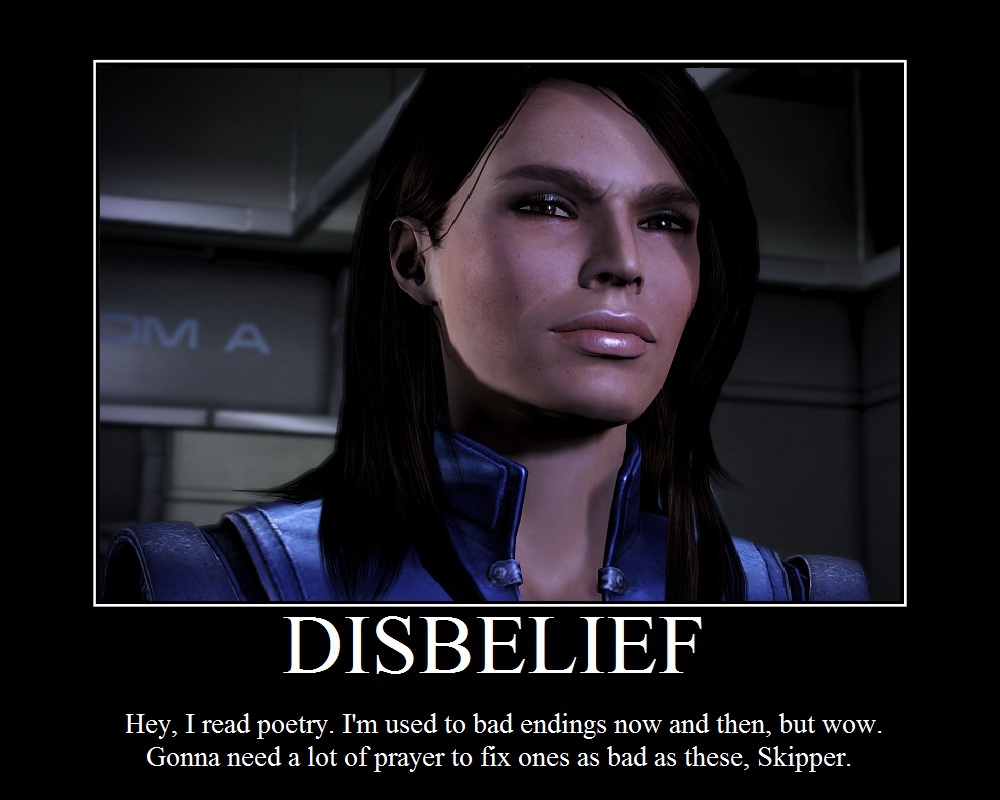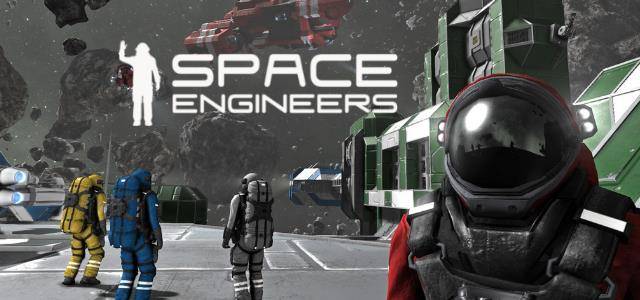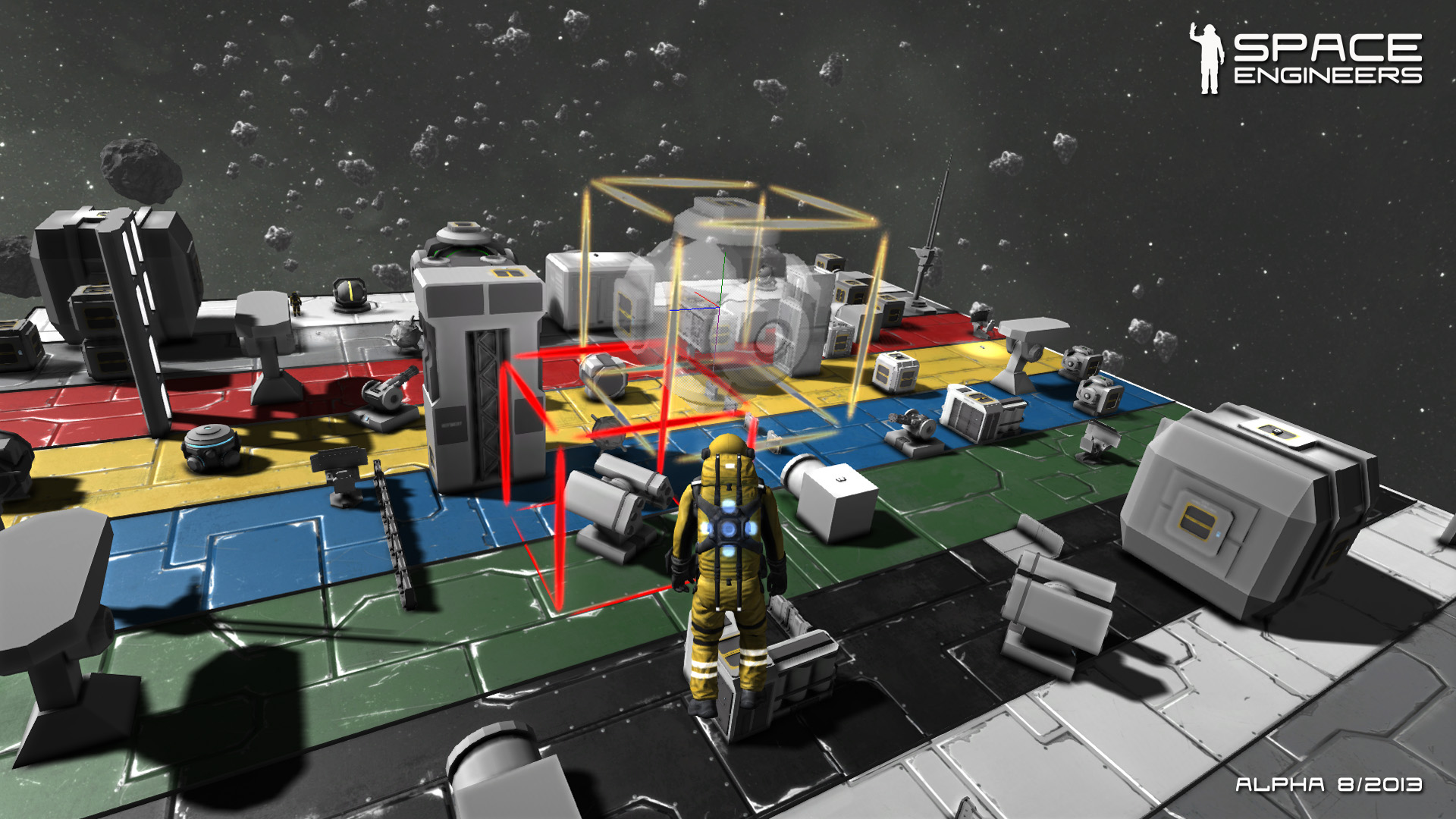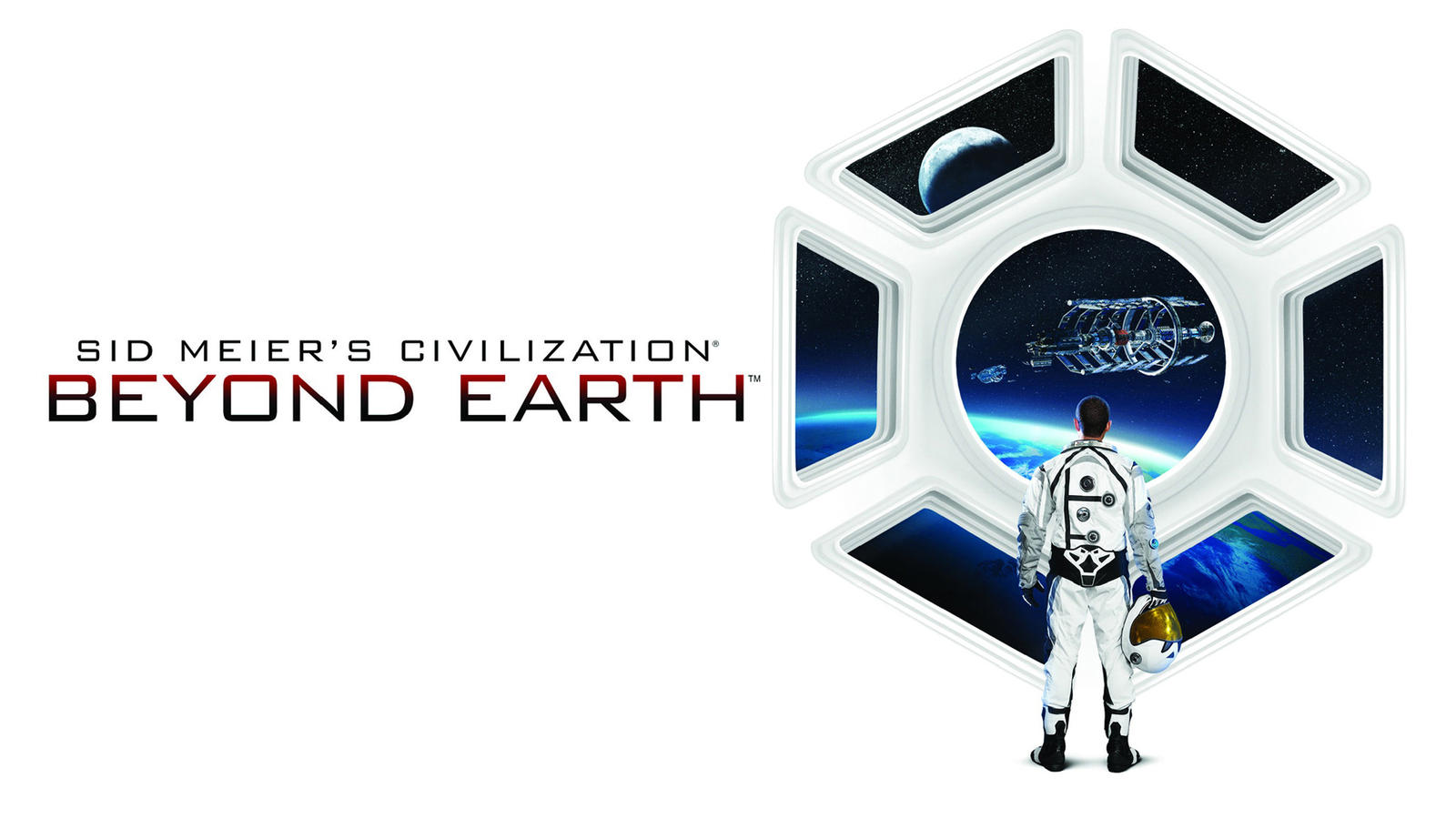 |
| http://fc04.deviantart.net/fs71/i/2014/104/5/3/sid_meiers_civilization_beyond_earth_by_vgwallpapers-d7ei40x.jpg |
My own experience with the Civilization franchise began many years ago with Civilization III. While not the first in the series of games, the first five iterations all kept to a single premise--reimagining world history. It was this aspect which drew me to take my first turn far more than the turn-based strategy style or the thrill of planning to crush my foes over LAN. I spent the most time with Civilization IV and still some 150 hours with Civilization V, which I liked less in general for its changes to the gameplay and specifically for the way diplomacy worked. My quibbles over Civilization V aside, Civilization: Beyond Earth has done something that no other Civ game has ever done--moved from history and to prophecy.
This past weekend, Civilization:Beyond Earth was available to Steam users for a "free weekend". Previously, I had played the demo of the game also available through the service, but had not felt enticed to purchase the game. Now, having completed an "epic" length game, I'm satisfied with that decision and would like to share my thoughts on why.
 |
| http://oyster.ignimgs.com/mediawiki/apis.ign.com/civ-beyond-earth/b/b7/2014-10-26_00017.jpg |
The very first thing that struck me as I started up Beyond Earth (after getting past some curiously long loading times) was how similar it seemed to be to Civ5. In terms of appearance, user interface, and options much of the game felt familiar.
As I took to exploring the map I found that there were far more impediments than before. Mountain ranges stretched further and canyons scarred long stretches of terrain which I could never cross. Beyond simply limiting movement, these impediments also served to diminish the effectiveness of ranged units. I see this change as a positive one on the aggregate. It asks the player to balance his military units differently, invites new strategies to approaching points of interest, and most of all gives the map a bit of character.
Choosing how to advance my civilization meant choosing between three "affinities", calculating how I wanted to mete out my civilizations "virtues", and developing technology along new, more complex lines. Affinities decide what ideologies your civilization takes on as it advances deeper into the future. The choice between harmony, purity, and supremacy on a new planet is a matter of philosophy, but none restrict your playstyle. For example, in my playthrough I chose to pursue harmony in order to reach transcendence and commune with the intelligence of our new planet, yet in order to do so I killed most of the indigenous life and repelled the miasmic gas covering much of its surface.
Virtues can be likened to Social Policies from Civ5 with the only new mechanic being bonuses for pursuing a single branch or a single level (i.e. taking the starting virtues in each branch). In my game, I made every effort to expand my civ while making its health (like "happiness" in Civ5) my priority. The addition of new cities far outweighed the effect that buildings and virtues could have in increasing my overall health and I was left struggling to get a positive score for most of the game. While it was frustrating to experience, this left me feeling like the designers had paid some mind to balancing the new game against landgrabbing and in favor of civ development.
The technology trees were refreshing, however, as there was no longer a single path to a given tech but rather a web of paths. There is a steep downside, however, because most of the new technologies would have fallen under the category of "future tech" in previous iterations, the tech web becomes a mire of neologisms that isn't intriguing when considered from the historian's perspective. While this isn't purely a bad thing, it diminishes a part of the game which I, for one, deeply enjoyed. All in all, the depth provided by choices of affinity, virtue, and tech leaves the player with many ways of experiencing a single style of play; whether you like to play a diplomat, a warmonger, or a cultural phenom, you can do so in a variety of ways.
While the new virtue system led me to believe that city management would be emphasized, in actual fact it didn't seem all that important. Rather, the biggest new mechanic was the management of trade routes to and from individual cities. It was no longer a matter of a road connecting two civs, but instead of a worker-type unit carrying resources between individual cities both domestic and foreign. Due in part to my inexperience with the new game, building city improvements was largely a "build it and see" experience. I knew that I wanted buildings which increased my civ's health, but the difference between building an aqueduct and a cytonursery is a matter of fact versus fiction. This was one of many instances where the lack of concrete imagery and history diminished the experience I have come to enjoy and expect from a Civ game.
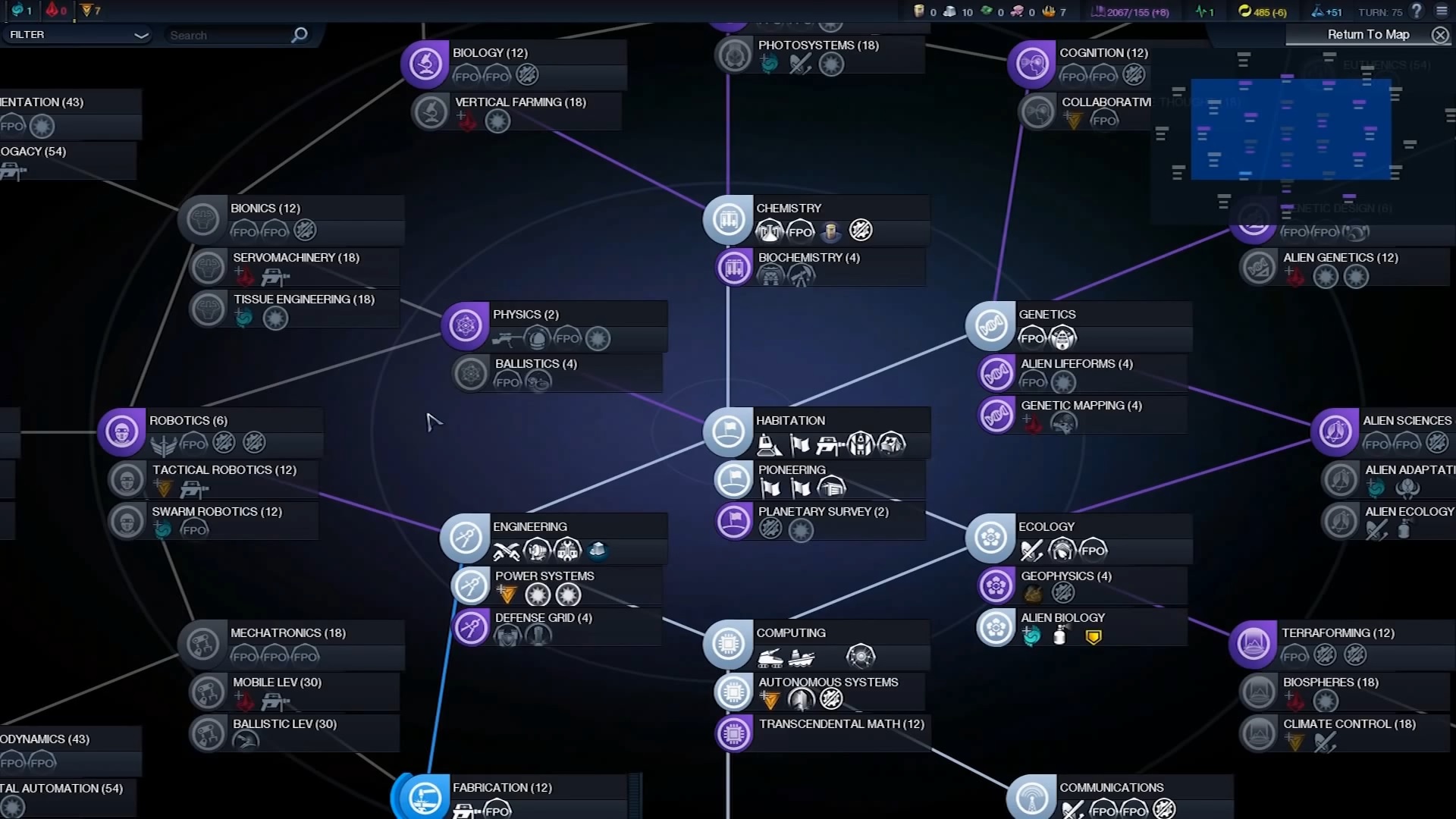 |
| http://dispositiv.uni-bayreuth.de/wp-content/uploads/2014/10/Tec.jpg |
Even more than Civilization: Beyond Earth's gameplay reminded me of Civ5, the graphics felt exactly the same. I'm sure that side-by-side I could see some improvements, but there was nothing new in this game that made an impression graphically. With an entirely new planet to play with, that's a big disappointment. It's not that things aren't different, it's that they're the same. New units and new buildings have different skins, but operate and behave the same way. Combat looks a little smoother, but not in any ways that stand out. The maps themselves look and feel more dense than before, but the entire palette relies too heavily on green and blue leaving too little contrast and vibrancy for an exciting, alien world. This is even more true if the player chooses to follow the "harmony" affinity as I did, which makes units and some buildings take on this same overused color palette.
 |
| http://static.gamespot.com/uploads/original/949/9490474/2504221-3purity+marine_study+copy.jpg |
With the singular exception of the occasional audio clipping during loads, the soundtrack in Civilization: Beyond Earth is terrific. As I played, the music brought me to reminisce on Mass Effect, Halo, and even Jurassic Park. It created a wonderful ambience such that at times I preferred to listen rather than play the game.
Yet that's not the whole story. While the soundtrack is great, it often felt disconnected from what was going on in game. It was immutable whether I expanded, developed, or waged war. In times of peaceful trade and bloody warfare it didn't meld itself into the background of the experience and instead just hummed along over the top of everything. So, while I would absolutely recommend listening to the soundtrack on its own, there is no greater level of appreciation to be had from taking it in alongside the game.
The soundtrack is quite possibly the best part of the new game.
Story and Narrative:
In a game traditionally defined by the player's choices, story and narrative can vary wildly or not at all from game to game. In my games I often find myself considered a "warmonger" by the other civilizations by the time the game is ended, and I've come to embrace that. It's the way I choose to play the game and in Civilization: Beyond Earth I am given a variety of ways I can go about playing in that way. The variety of possibilities in the game is something to be applauded. It's not as simple as "this player plays like this and that player plays like that" because there are many ways of going about things and many ways of coming to the same conclusions. Pursuing different tech or different affinities can make the same essential story feel different.
Now while this is satisfying in theory, what is lacked is a significance to it all. Whether one wins by diplomacy or warfare, the story that one has told still has no characters and no setting. The alien planet and the post-earth civilizations have no historical basis. While I appreciate a good piece of science fiction at least as much as the next guy, there was an important aspect of the old Civilization games which came from seeing history interact in new ways. It was a sort of enlightenment to see how the course of a civilization might be shaped by its leaders and ideologies and Civilization: Beyond Earth seems to assume that fans of the franchise were ready to move beyond that rather than deeper into it.
 |
| http://cdn0.vox-cdn.com/assets/4773828/Human_hive.jpg |
So far I've spent about six hours with Civilization: Beyond Earth and I have invested $0 in it. Given what I have experienced I am satisfied to leave it at that.
While Civilization V changed gameplay elements and upset the way the game had been played for years, it was still the same experience at its core and that was the experience I was paying for when I bought a Civilization game. Civ5 wasn't my favorite iteration, but it was a true successor. Civilization: Beyond Earth feels like an entirely different game borrowing Civilization's gameplay (and, to a point, it's graphics as well). It's the odd cousin, the ugly duckling, the sore thumb, in a well beloved and long-running franchise. While it opens up the game to some very exciting ideas through the Steam Workshop and modding communities, the game alone is not worth the investment of time and money.
I hope that in a few months there will be another free weekend and that modders will have infringed on copyrights from games like Halo and Mass Effect, but I just don't have any desire to own the game by itself.
 |
| http://i2.wp.com/www.matchstickeyes.com/wp-content/uploads/2014/10/CivBE-Victory.jpg |
Conclusion:
When I reached the end of my playthrough (about 150 turns later than expected) I was welcomed with a single pop-up congratulating me. Feeling like I had accomplished all that I desired to in the current game (again, about 150 turns before the actual end...), I chose to exit the game expecting a few pages of statistics and time-lapses. When I saw that I was in fact just being returned to the main menu I was disappointed and a little mad. It wasn't a big deal in previous games. It wasn't like I spent hours mulling over where and when I could have and should have expanded or attacked, it was just something nice to see--a reminder of where I had come from and where I had ended up. The end of a game in Civilization: Beyond Earth is like a song which has already gone on for too long missing the last beat. It's a sour way to wrap things up and doesn't appreciate the time and energy the player has spent playing the game.
More than anything the game is missing "final touches" that would make it look and feel polished. The units behave the same as they always have, the cities are just as static as they have always been, and the environment doesn't feel alien with the single exception of miasmic gas hanging over some tiles. If they really wanted to sell players on their new environment and mode, then more attention should have been paid to entertaining and delighting them rather than giving them what they were already accustomed to seeing. Civ5 took some major steps away from its predecessor in terms of gameplay and maybe Firaxis didn't want that kind of heat from its fans again, but Civilization: Beyond Earth already upsets so much of what was done in previous iterations that leaving much of anything the same doesn't serve the interested players.
Personally, I hope that the franchise returns to the historical fiction inspired gameplay of its roots, perhaps taking some of this newest game's improvements along the way. As of today, however, a new announcement has been made for the franchise:
Sid Meier's Starships looks like an "all-in" from the franchise on its new mode. While not explicitly a turn-based strategy game, Starships looks like an announcement which prophesies the direction that the franchise plans to take. This leads them away from the fans who have supported them in the past and into a new genre already mired with half-finished kickstarters and well-beloved indie titles. It's not that leaving your fans behind to do something new is a travesty on any level, it's just that it's a big investment to make into a genre which already has it's darlings.

